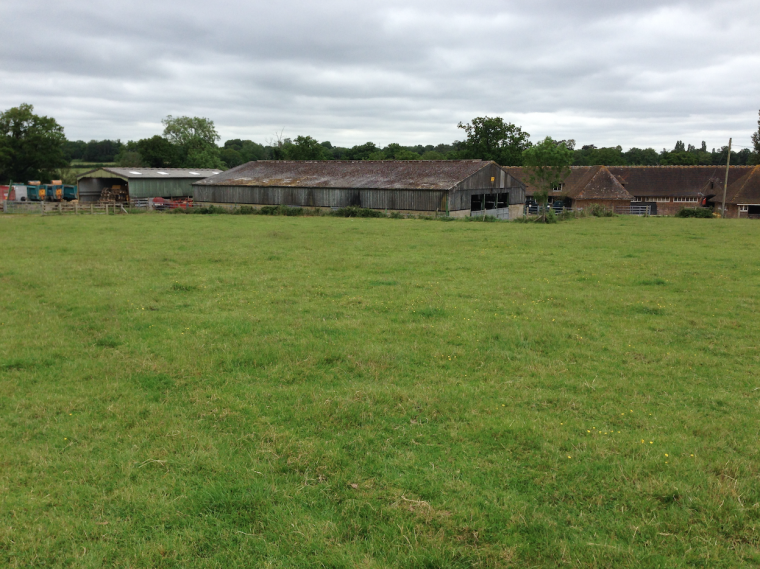With farm gate prices being in a slump for most sectors, the constant message of control inputs being pushed out to the farming community is correct in a price taking sector, writes Oliver McEntyre, national agricultural strategy director, Barclays. However, there are other aspects for increasing margin control and mitigating risk to a farming business. With New Year now a fading memory, many of those resolutions will have already been long forgotten, but perhaps 2016 is the time to resolutely ask yourself a question throughout the year ‘Is this the best way for me and my business or could we do it differently to improve efficiency?’
The seasonal nature of farming means that routines are quickly established and production methods are sometimes engrained. Yet in tight markets it is the innovative and the entrepreneurial mind-set which provide the potential to increase margins. Investment in anything comes at a cost and the farming industry uses many assets to produce the product at the farm gate – land, machinery, genetics (both plant and animal) and labour being the key assets. The investment in land is inevitable and at a price set by market forces no matter if rented or bought. While it is not always financially viable to invest in huge pieces of machinery there can usually be a case for improving efficiency through investment in up to date equipment and the livestock and plant genetics available to the UK farming industry are second to none, but again also at a cost.
Far and away one of the cheapest forms of investment can be in labour, or rather broadening the management knowledge to utilise the assets available in the best possible way to drive efficiency and productivity. A recent example of this was found in a study of grassland management. One farmer in the study increased grass yields by 30%. With grass being the limiting factor on many ruminant livestock holdings, this powerful type of management and efficiency cannot be underestimated. Scale that management ability to increase grass yield into the cost of further land purchased or rented, then add in the latest genetics and machinery and suddenly the significance of efficiency really hits home. At times it is not always about being bigger, but perhaps focusing on being better and asking yourself ‘Is this the best way for me and my business or could we do this differently to increase efficiency?’




